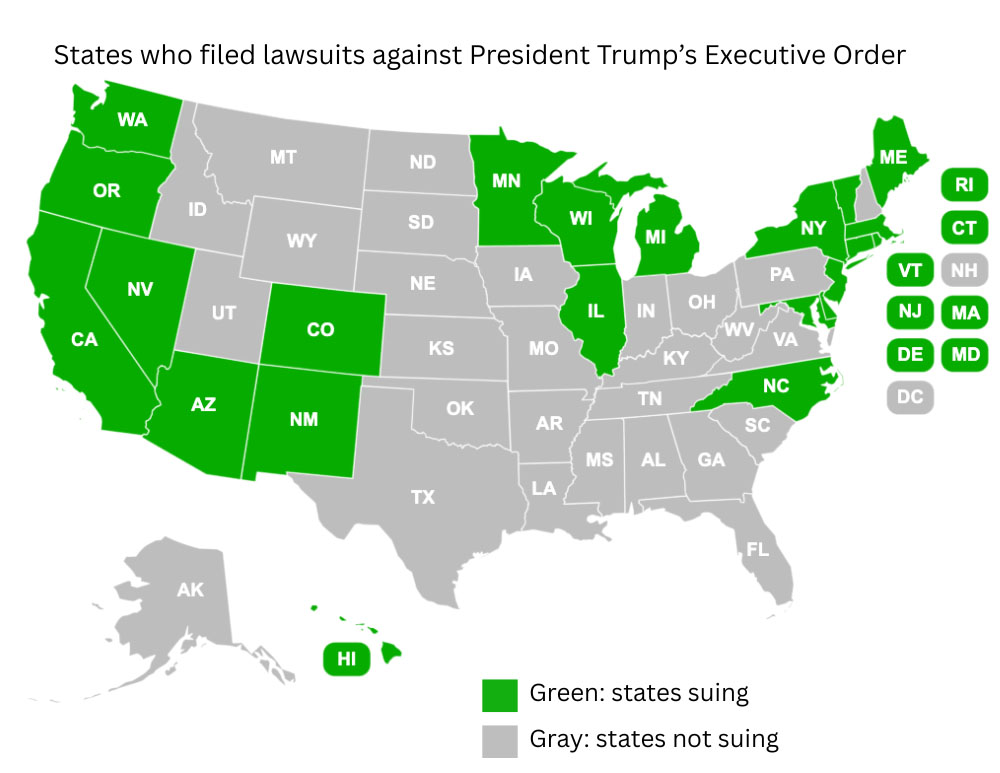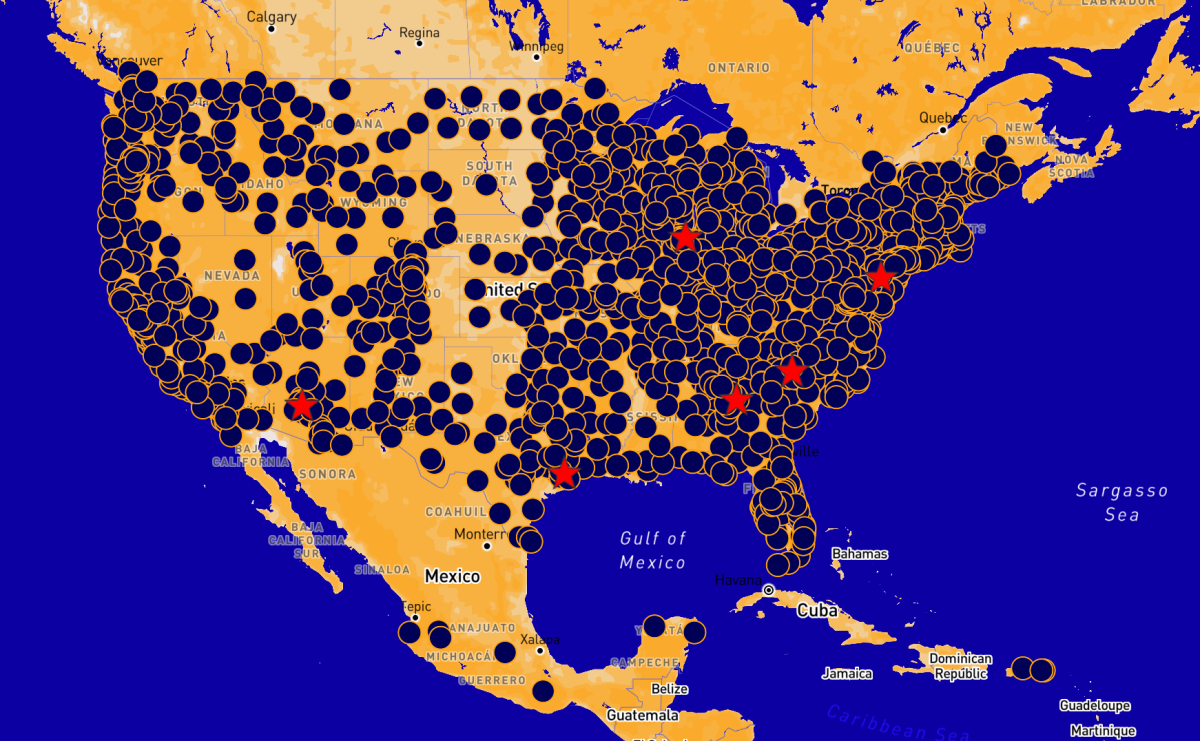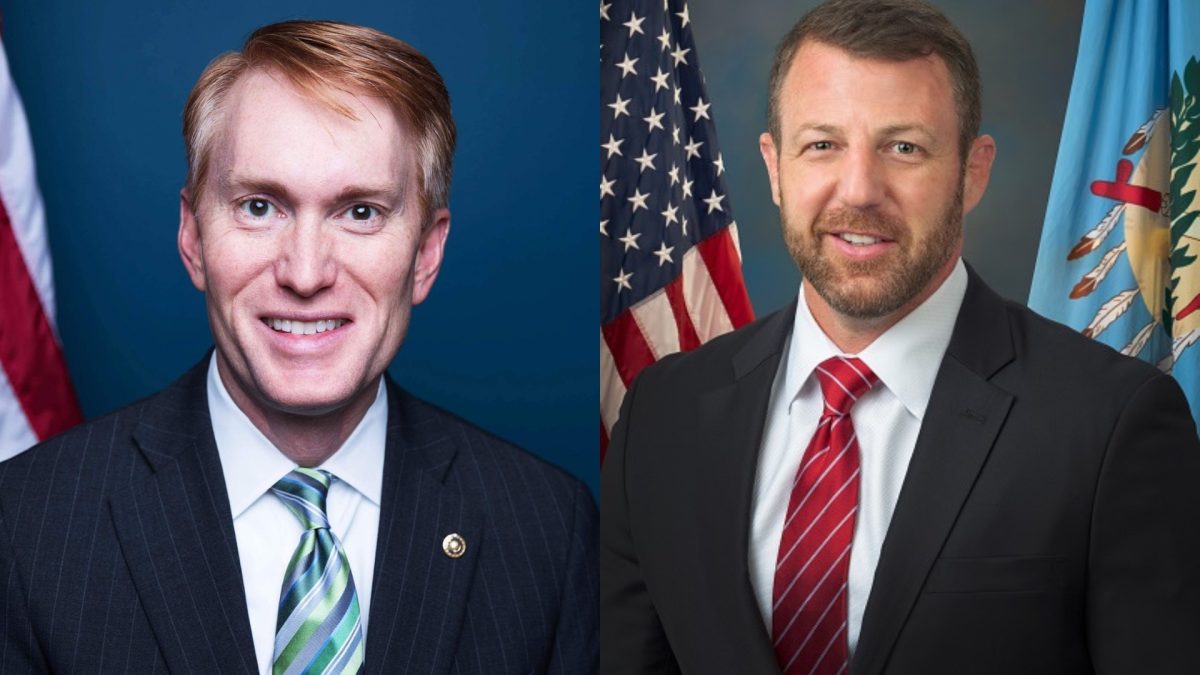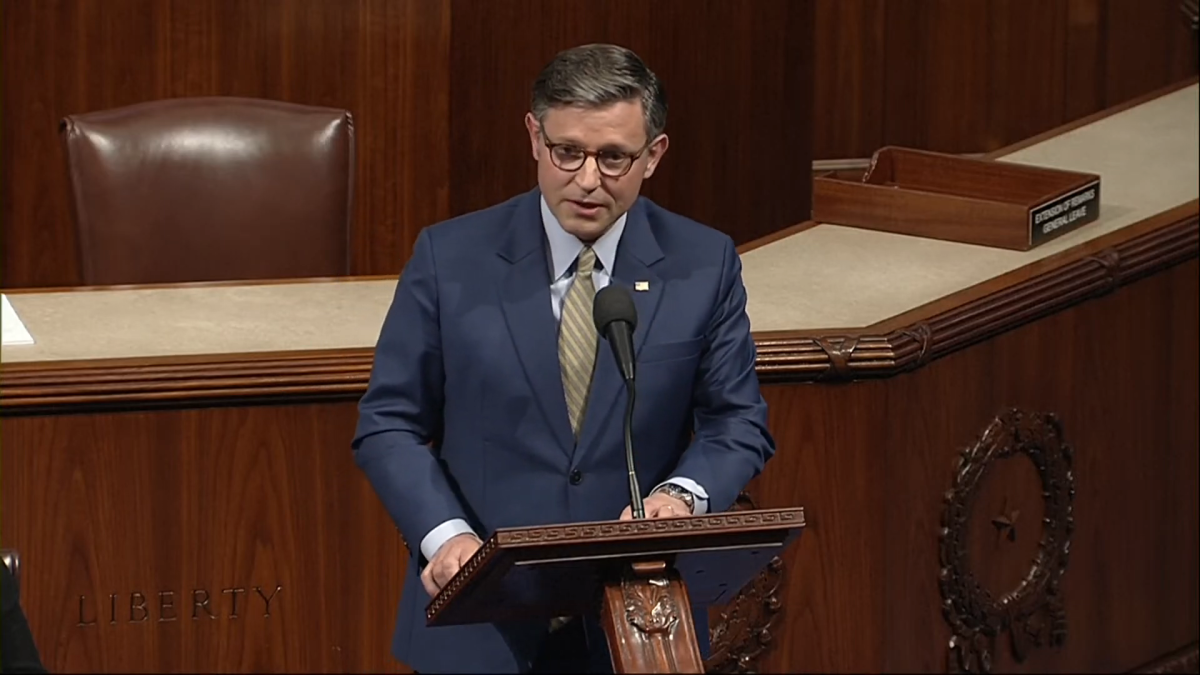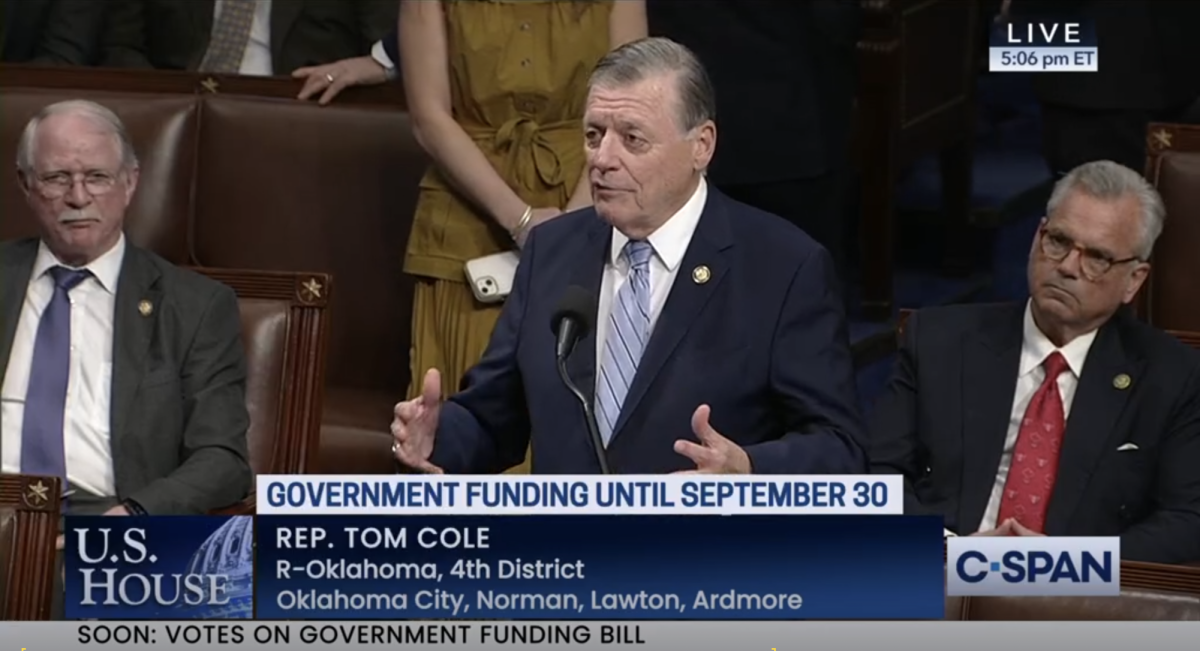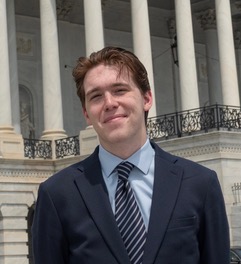WASHINGTON – In an unusual move, Oklahoma Congressman Josh Brecheen, a fiscal hawk, switched his vote from No to Present to allow the “One Big Beautiful Bill” Republicans want to use for President Donald Trump’s America First agenda to advance.
Last week, Brecheen (R, Ada) had joined three other Republicans and united Democrats to vote against the bill, keeping it from advancing out of the House Budget Committee. In a rare Sunday night session, Brecheen voted with Republicans to allow that earlier vote to be reconsidered but voted Present on the 17 to 16 roll call to advance the measure.
The change came after weekend discussions with Republican leadership and the White House, which sought to address concerns raised by the GOP holdouts.
“We made progress regarding wind and solar subsidy repeals and welfare work requirements for the able-bodied to ensure that meaningful reform takes place during President Trump’s term in office, not after, as was previously drafted,” Brecheen said.
While the bill’s text remained unchanged since the first vote, the four conservatives opted to vote Present to allow the bill out of committee to allow further considerations.
Deliberations on the bill’s final language are expected to continue.
Rep. Chip Roy (R-Texas), one of Brecheen’s fellow holdouts, explained he changed his vote from No to Present “out of respect for the Republican Conference and the President to move the bill forward.”
“It gives us the opportunity to work together this week to get the job done in light of the fact our bond rating was dropped yet again due to historic fiscal mismanagement by both parties,” Roy said on X.
To get to a Yes vote when the bill gets to the House floor, Brecheen said he wants to see key changes in the delayed phase-out of green energy tax credits and the postponed implementation of Medicaid work requirements.
“Some numbers and policies in our One Big Beautiful Bill still require tweaking, and we look forward to working with the White House and leadership to resolve these issues in the next few days,” Brecheen said in a post on X.
Brecheen said during last Friday’s committee meeting that under the current measure, the phase-out wouldn’t begin for another four years, and a wind energy project starting in 2031 could still receive tax credits as late as 2040.
Because many clean energy components are made in China, Breechan’s concern is that green energy tax credits end up sending U.S. tax dollars to Chinese companies. He states that this not only poses potential security risks but also harms American manufacturing.
“We must address the solar and wind tax credits now. If they are allowed to linger, we risk our electric grid becoming entirely dependent on subsidized, unreliable energy. China manufactures most of the solar components we continue to use, meaning we are subsidizing Chinese industry. This threatens American jobs and displaces reliable natural gas,” Brecheen said in a post on X.
In addition to the energy provisions, the bill also proposes significant cuts to Medicaid funding, totaling almost $880 billion. As of April 2025, the Oklahoma Health Care Authority reported that one out of every four Oklahomans, or 1,039,983, are enrolled in SoonerCare, the state’s version of medicaid.
Currently, adults ages 19 to 64 who earn at or below 138% of the federal poverty level qualify for Medicaid without a work requirement. The Republican bill introduces a “community engagement requirement,” mandating that able-bodied recipients work at least 80 hours per month to maintain eligibility.
This provision is set to take effect in 2029. Brecheen has expressed that implementing the requirement sooner could result in substantial budgetary savings.
The bill will be sent to the House Rules Committee, which is scheduled to consider it on Wednesday before sending it to the full House, where Republicans hold a historically small majority.
Gaylord News is a reporting project of the University of Oklahoma Gaylord College of Journalism and Mass Communication. For more stories by Gaylord News, go to GaylordNews.net.


